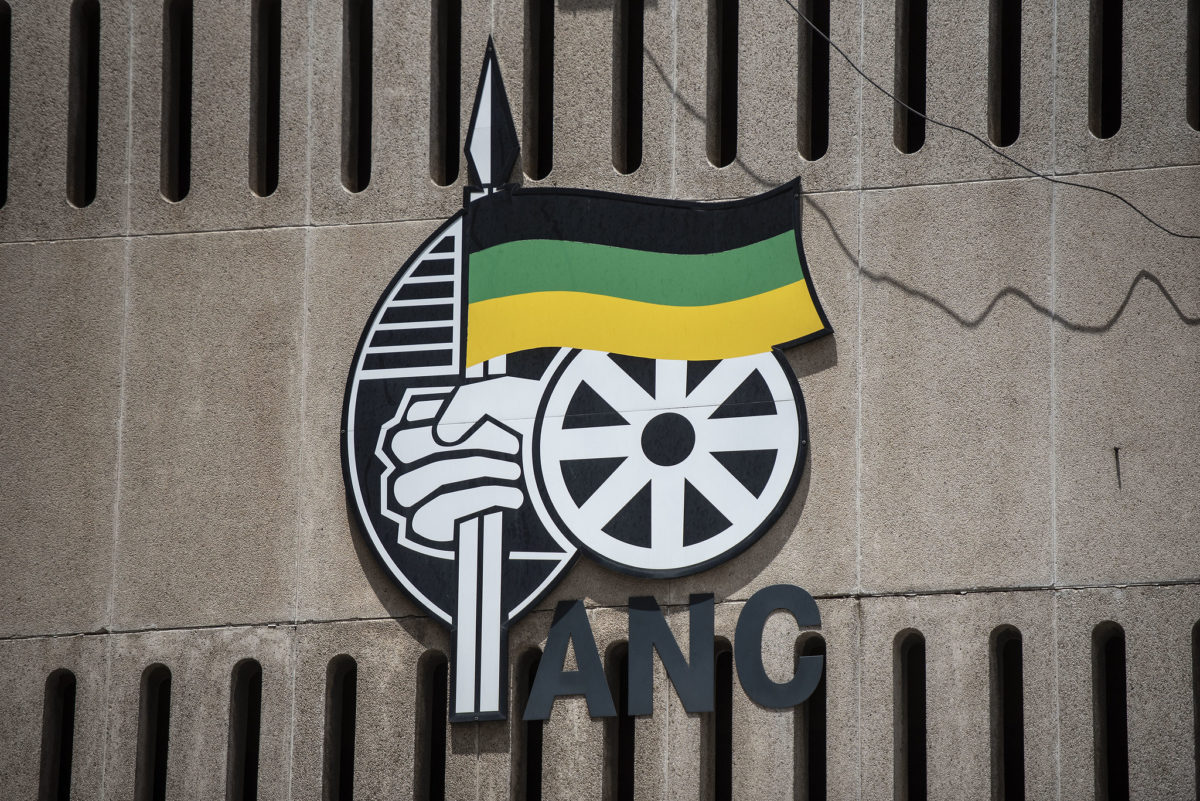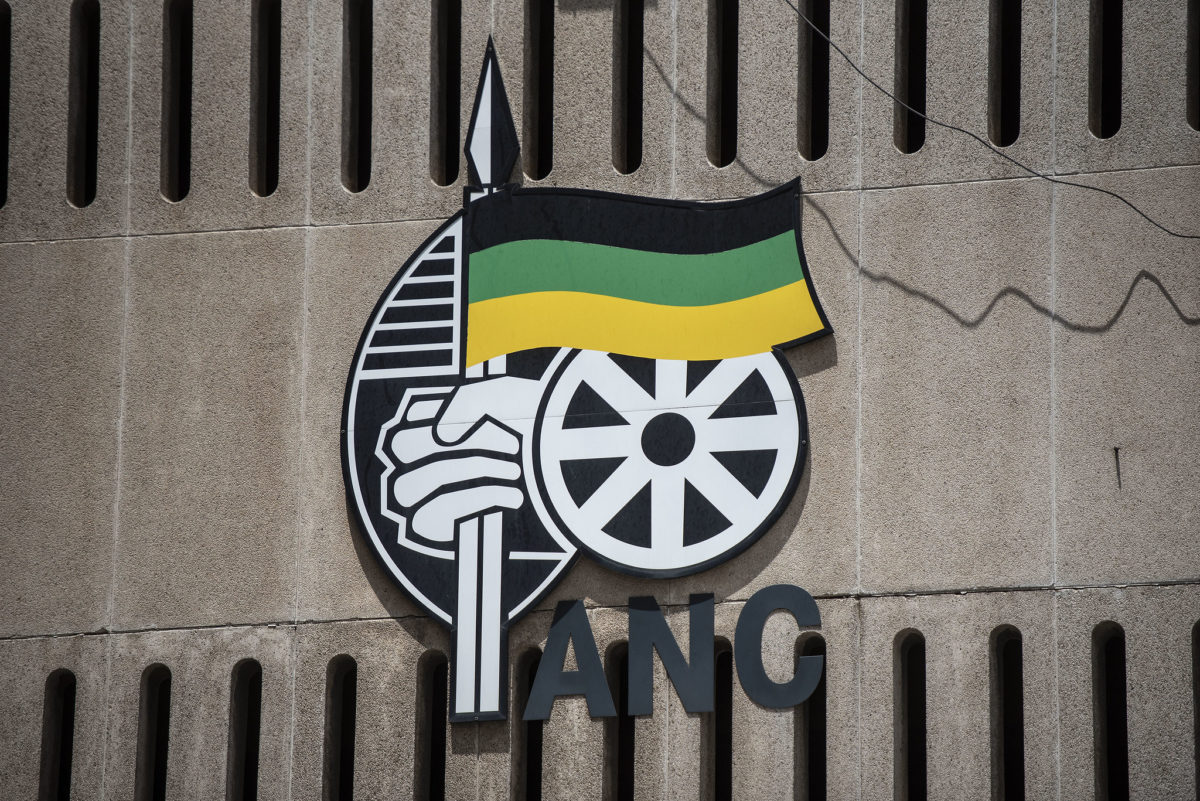
The ANC’s overall membership, at 1.4 million, may not justify keeping corrupt members in its fold and prioritising its card-carrying members for service delivery and jobs, against the 10 million nonmembers who vote for it every election.
But many citizens have complained about selective employment and provision of services, which have targeted card-carrying members at the expense of other citizens.
Political analyst Professor Barry Hanyane, from North-West University, said ordinary folk had begun to ask how to make sense of democracy and had grappled with the new culture of governance.
ALSO READ: Cash-strapped ANC may struggle in elections
Some had been disappointed by service delivery by the ANC and decided to take action.
This week, the ANC’s acting secretary-general, Jessie Duarte, revealed party membership stood at 1.4 million with half not in good standing with membership fees.
Votes had begun to drop during the Jacob Zuma era, to 62% in 2014 from Thabo Mbeki’s 69%.
It worsened to 57% in 2019 under Cyril Ramaphosa, which was an improvement from ANC’s own prediction of below 40%.
The party was said to have relied on campaigning by alliance partners, the Congress of South African Trade Unions (Cosatu), South African Communist Party (SACP), South African National Civics Organisation (SANCO) and civil society.
Without Cosatu’s support, in particular, the ANC would have lost power.
Questions have been asked about whether it was justified for the ANC to prioritise its members for service delivery, food parcels, state grants, jobs and political deployment at the expense of others who put their Xs next to its name.
Some ANC members were honest about where the party went wrong.
Northern Cape chair Zamani Saul told structures in the province the results of the 2016 local government elections had given the ANC a rude awakening.
It received 54% of the vote and lost metros of Joburg, Tshwane and Nelson Mandela to a coalition of opposition parties.
ALSO READ: Why there’s no good ANC
He said a survey showed many had withheld their votes from the ANC because they had lost confidence in it due to corruption, divisions in the party and political arrogance by turning a blind eye to wrongdoing in the organisation.
Saul said the unity and renewal resolution at Nasrec was meant to address these anomalies and, ultimately, to restore and preserve the ANC’s revolutionary image.
The step-aside rule was meant to rid the party of corrupt elements “to enable the ANC to tackle vulnerabilities in its mass character,” Saul said.
Hanyane said it was the ANC brand name that kept people voting for it, otherwise it would not win with only ANC members.
The party had to deal with the issue of integrity if it was to continue appealing to the people.

